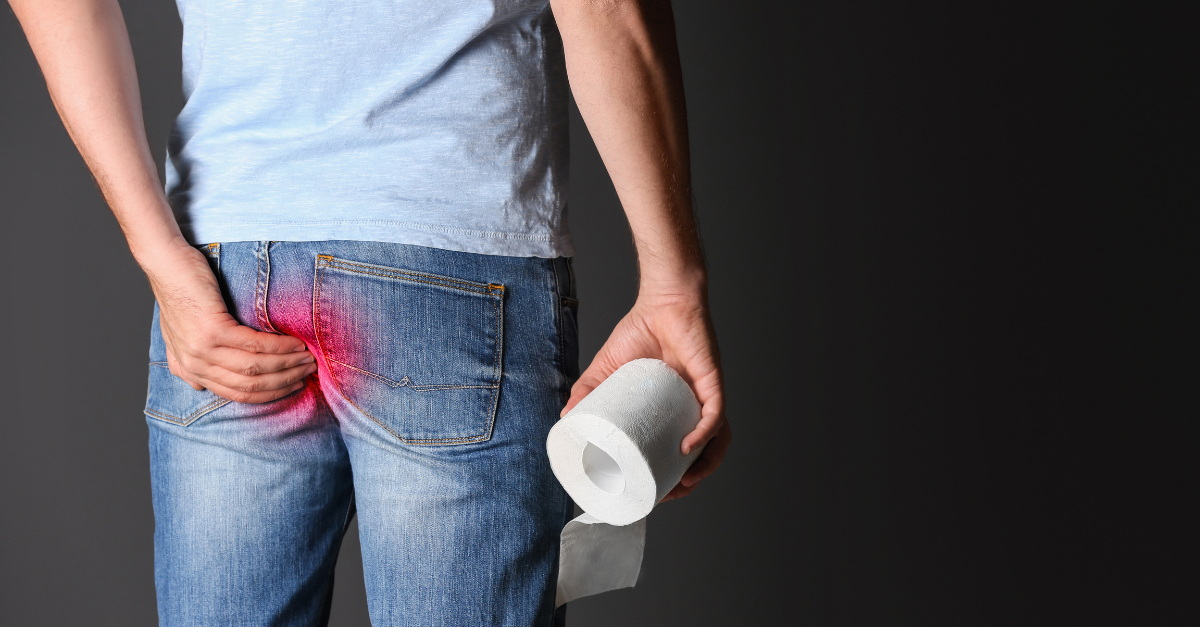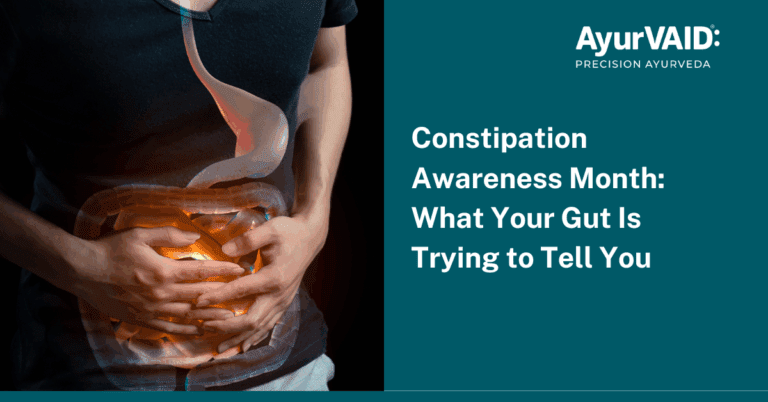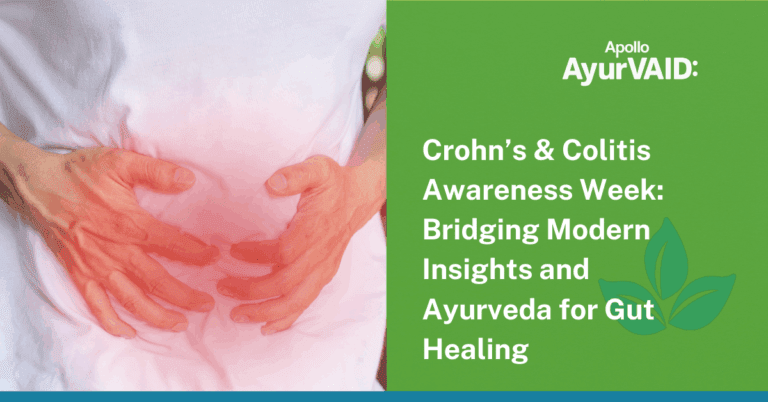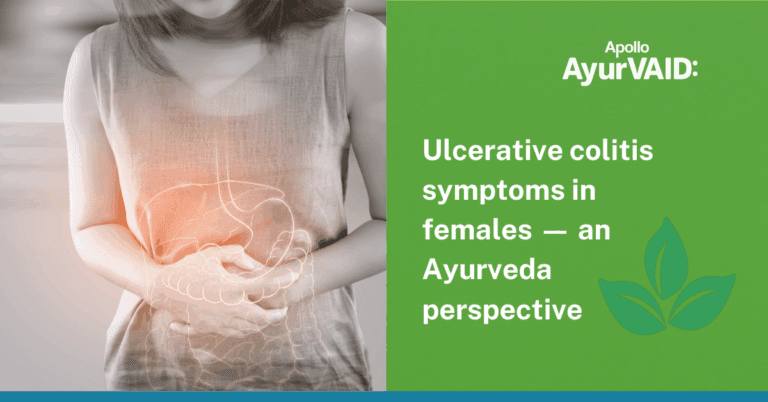
Ayurveda Perspective on the Causes of Piles
According to Ayurveda, the development of Arsha is attributed to a mix of lifestyle and dietary factors. Chief among them is the instability of the Jatharagni (digestive fire), which leads to constipation — a key contributing factor to piles and hemorrhoids. Other reasons include:
- Sedentary lifestyle or long sitting and standing
- Ingestion of improper or incompatible food
- Oppression of natural urges
- Incorrect toilet habits, like excessive straining
- Constipation and sitting for long hours
- Inadequate physical activity
- Mental and emotional tension
These conditions disrupt the natural movement of Vata dosha, influence digestion, and eventually cause the development of hemorrhoids or piles.
Types of Piles
- Grade I – No prolapse, bleeding only
- Grade II – Prolapse on straining, but spontaneously reduces
- Grade III – Prolapse on straining, requires manual reduction
- Grade IV – Irreducible prolapse, may be strangulated or thrombosed
Piles Treatment in Ayurveda
The Ayurveda approach to treating piles is comprehensive and aims to prevent recurrence and root cause. Sushruta, an early Ayurveda surgeon, distinguished four central methods to treat Arsha:
Bhaishajya Chikitsa
This method is applicable in the initial stages of piles and hemorrhoids. It incorporates herbal remedies that improve appetite, inflammation, and ulceration while normalising bowel movements.
Kshara Karma
Considered a superior para-surgical technique, this treatment involves the application of a plant-based alkaline substance directly onto the pile mass using a specially designed instrument. It facilitates mass reduction, hemorrhage cessation, exudate drying, and easing of discomfort. It is particularly effective for grade 1 and 2 internal piles.
Agni Karma
This method focuses on burning the pile mass with heat and is believed to offer a favourable outcome with low recurrence in chronic case scenarios.
Shastra Karma
When all conservative and para-surgical attempts have failed, excisional surgery is considered. Ayurveda recommends surgery only as a last resort.
Beyond these four main approaches, other local measures mentioned in Ayurveda include Swedana (fomentation), Avagahana (sitz bath), Vasti (enema), Dhoopana (fumigation), Lepa (application of pastes), and Vranaropana (wound healing applications). Kshara Vasti, a type of enema using alkaline herbs, etc, for managing bleeding piles of Grade I-III, provides marked relief.
Why opt for Ayurveda treatment for piles?
- Internal medicines to reduce inflammation and heal tissue
- Ksharakarma Procedure to remove the pile mass and prevent recurrence
- Sitz baths and minor therapy to promote circulation and strengthen the anal muscles
- Stress management to aid digestion and reduce flare-ups
- Customised diet and behaviour modifications for continuing relief
Benefits of Ayurveda for Piles:
- Reduction in pain, bleeding, and swelling
- Better bowel movement and digestion
- Tissue repair occurs at a quick pace
- Avoidance of surgery, especially in the initial stages
- Safe options even during pregnancy (under expert supervision)
With proper adherence, Ayurveda can begin showing visible improvement in 4-8 weeks, thus being one of the safest, natural, and sustainable paths of treatment for piles.
Conclusion







